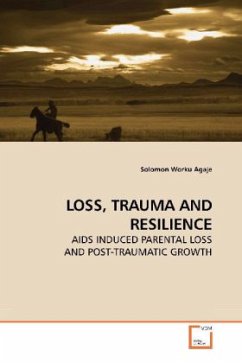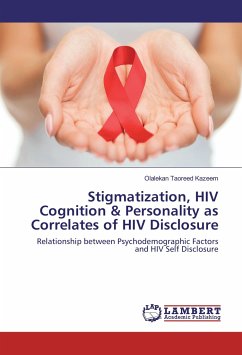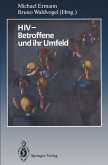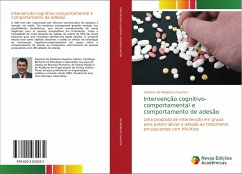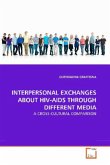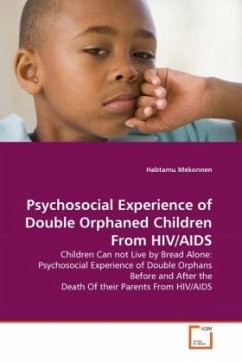There is a wide body of literature connecting traumatic loss to a broad variety of emotional and social dysfunctions in childhood. It is often reported that children have trouble adapting to different stages of their lives because of their experience with traumatic breakdown of attachment bonds. Consequently, there is a great deal of research on childhood psychopathology in relation to trauma and on the other hand less on childhood resilience. However, while traumatic parental loss presents an undeniable risk factor for maladaptive outcomes, some groups of children appear to manifest successful adaptation and do not follow a negative developmental pathway. Based on a critical quantitative analysis of the self-report version of the Strengths and Difficulties Questionnaire (SDQ S11-16), this book brings to light those factors that mediate children s capacity to thrive after traumatic loss.
Bitte wählen Sie Ihr Anliegen aus.
Rechnungen
Retourenschein anfordern
Bestellstatus
Storno

